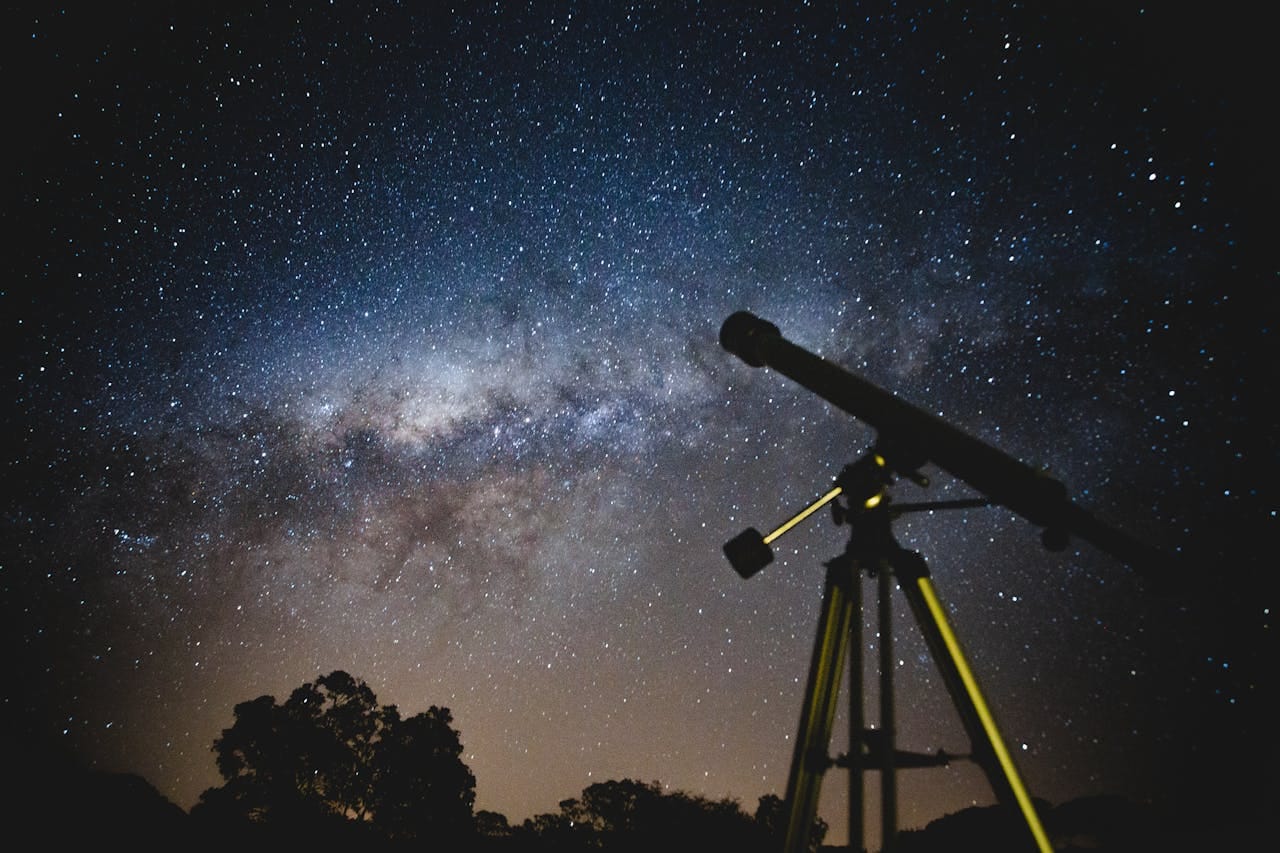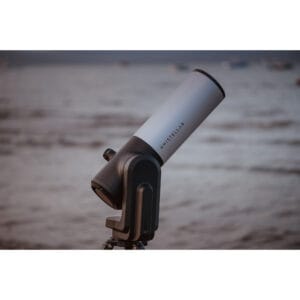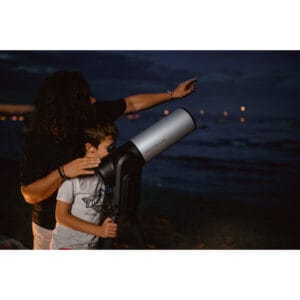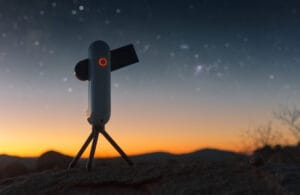We receive the question “What is the best telescope for beginners?” almost daily. And rightfully so – the options are overwhelming. It’s easy to lose your way. But there is a good answer, if you know what you’re looking for. In this guide, we’ll help you with concrete recommendations, based on what thousands of customers prefer to use.
What matters? What you want to do with it. Do you mainly want to look at the moon and planets, or do you dream of taking photos of galaxies? Do you want to learn to navigate yourself or prefer the telescope to do everything for you? The answer to these questions determines which models suit you – and prevents a wrong purchase.
Choosing the Best Telescope for Beginners: Start with the Right Question
What the best telescope is for you depends entirely on what you want to do with it. Do you mainly want to look at the moon and planets? Or are you curious about deep-sky objects like star clusters, nebulae, and galaxies? Do you want to take photos, or just observe visually? And: do you want to learn to aim yourself, or prefer a telescope that does that automatically?
Only when you know what you’re looking for can you make a targeted choice. We make it simple: we’ve tested all popular models ourselves and know exactly what makes beginners happy.
Smart Telescopes: Viewing and Photographing in one Click
Much has changed in recent years. Smart telescopes make it possible to explore the sky and take photos without prior knowledge. The most popular among our customers is the Seestar S50. This telescope is fully automated: you place it outside, open the app, and within a minute you’re tracking the moon, Orion Nebula, or Jupiter – automatically.
What makes this telescope so attractive is that you see results immediately. No long manuals, no hassle with adjustments. It takes sharp photos of deep-sky objects and planets. Ideal for those who just want to enjoy without delving into optics or star charts.
Would you prefer a bit more freedom and control? Then the DWARF 3 is interesting. This smart telescope has a high-quality 8.3 MP camera, equatorial tracking, and manual settings for exposure, stacking, and more. You can let it do everything automatically, but also work with astrophotography techniques yourself. Think of photos of the Andromeda Galaxy, the moon, or even details on Jupiter.
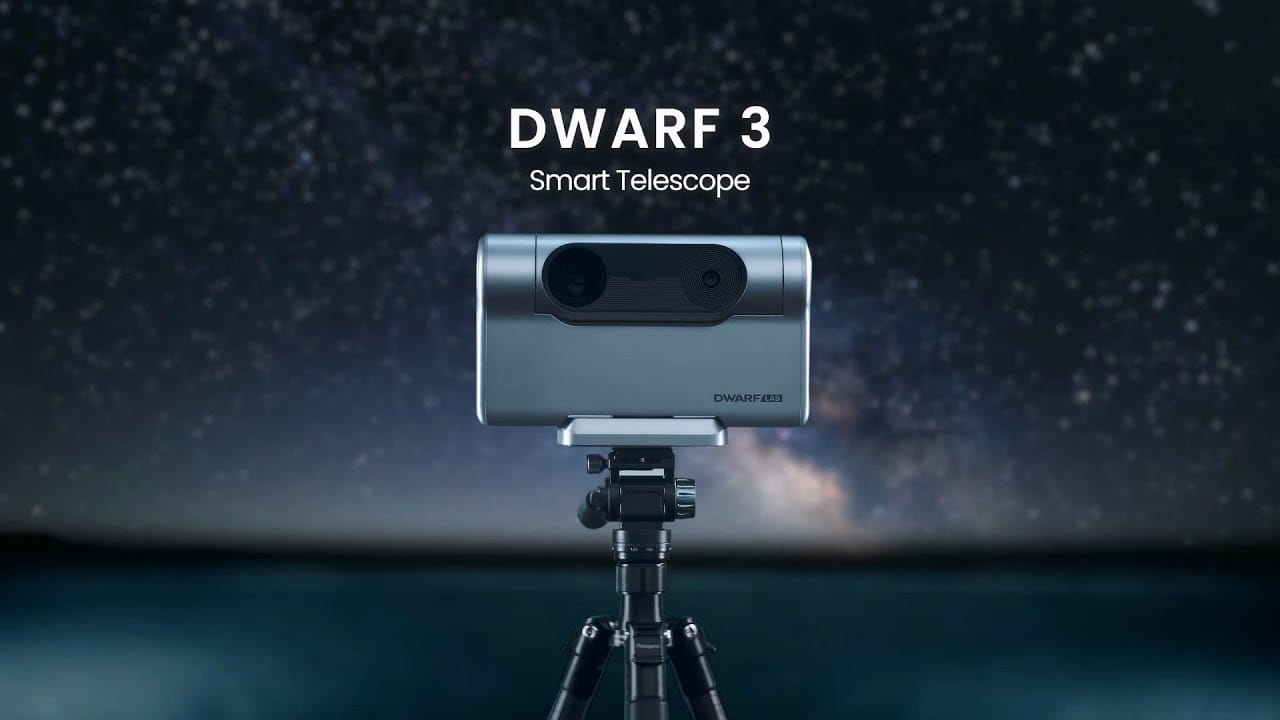
Both models are compact, quiet, and work via your smartphone. And more importantly: they’re designed for beginners – without compromising on quality.
👉 View the Seestar S50
👉 View the DWARF 3
Classic Stargazing with Help from Technology
Not everyone wants an automated system. Some beginners actually enjoy aiming themselves, focusing, and learning their way around the night sky. But a little help is welcome. That’s where the Celestron StarSense Explorer LT 114AZ is ideal.

This telescope is optically classic – with a powerful 114 mm mirror and 1000 mm focal length – but works with your smartphone. Through the StarSense app, you see where objects are located in real-time. You move the telescope in the right direction until your target appears in view.
For many people, this is the perfect intermediate step: you learn real stargazing, but you always have a digital guide at hand. Suitable for the Moon, Saturn, Jupiter, and bright deep-sky objects like the Orion Nebula or the Pleiades.
👉 Discover the StarSense 114AZ
Dobsonians: the most Powerful Telescopes without Electronics
Would you rather not have apps or electronics, but just a robust telescope that collects as much light as possible? Then a Dobson telescope is the logical choice. Dobsons are popular among beginners and advanced users because they offer great value for money. They’re optically powerful, mechanically simple, and deliver stunning images.
The Bresser Dobson N 150/1200 Messier is such a model. With a large 150 mm mirror and long focal length, it offers sharp, bright images of the moon, Saturn’s rings, and even nebulae under good conditions. It’s a tabletop model – ideal for balcony, garden, or camping.
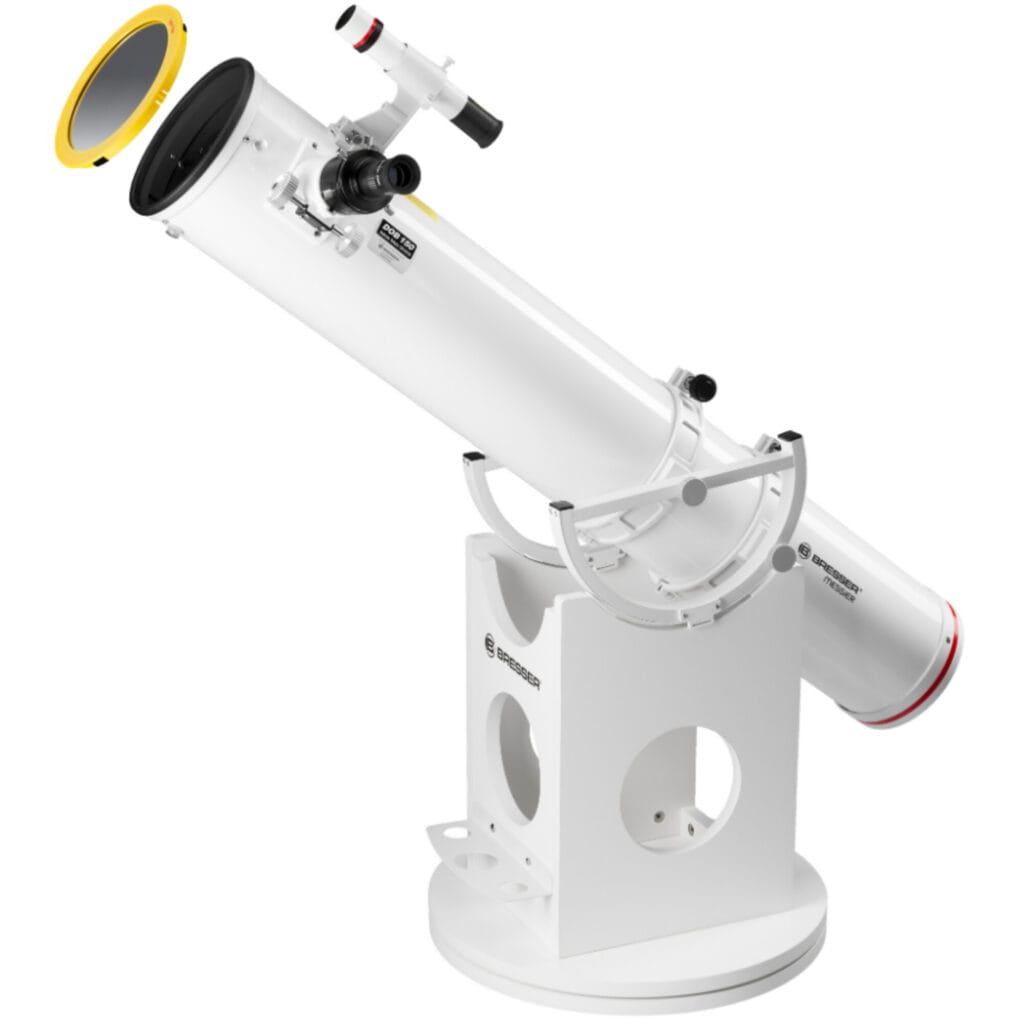
Want something more compact? Then the Bresser Dobson N 130/650 Messier is a good option. Slightly lighter, slightly shorter, but still with impressive performance. Suitable for young astronomers, families, or anyone looking for a reliable starter telescope.
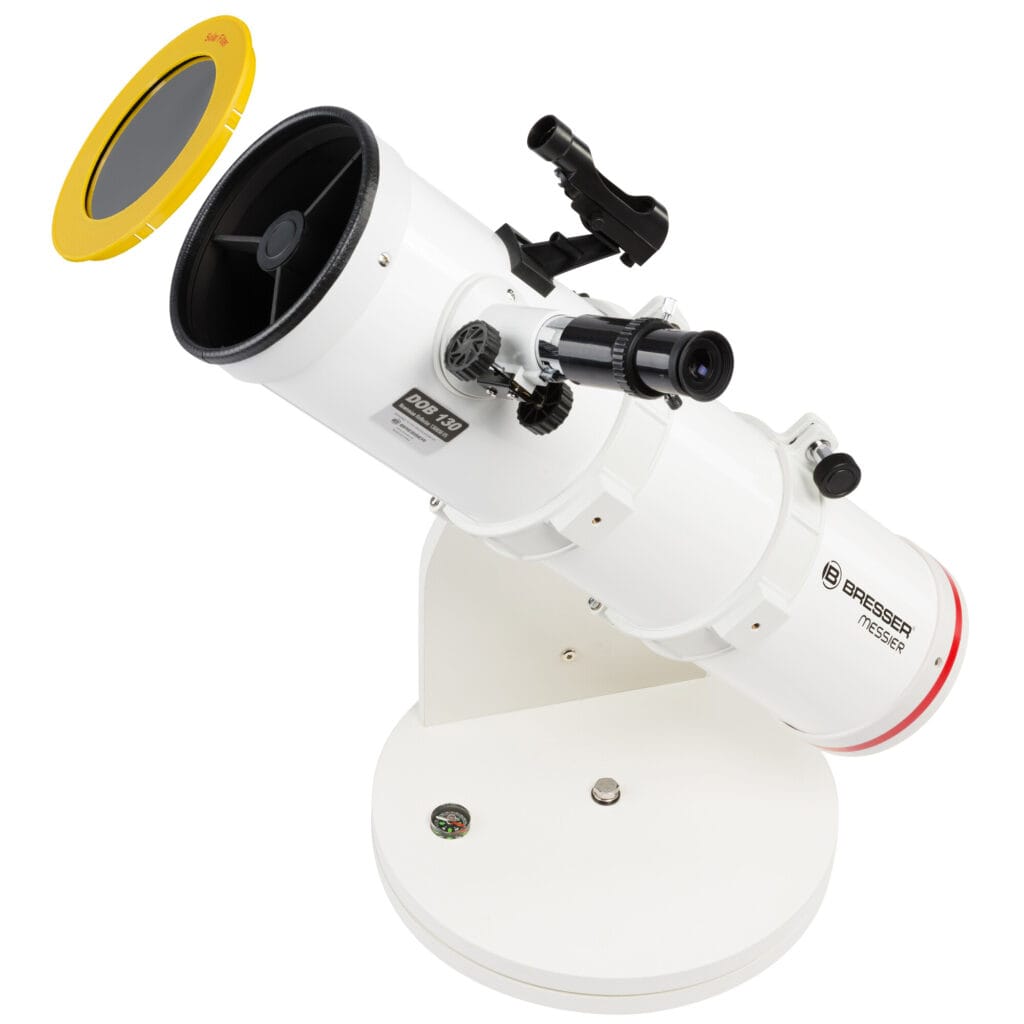
👉 View the Dobson 150/1200
👉 View the Dobson 130/650
View most Popular Telescopes for Beginners Matching your Needs?
Curious which models are currently being chosen most by other beginners? We’ve organized the most popular beginner models clearly for you – tested, compared, and ready to start your stargazing adventure. With extra filters, you can narrow down the search results to find a result matching your observation goals.
👉 View the most popular telescopes for beginners
What Can You See with a Beginner Telescope?
Many beginners expect colorful images like in NASA photos. Those are often heavily processed and taken with long exposures. Yet visual stargazing with your own eyes is just as impressive – but different.
What you can really see:
- Craters, shadows, and mountain ranges on the moon
- Saturn’s rings (in good conditions)
- Jupiter’s cloud bands and moons
- Bright nebulae like Orion
- Star clusters like the Pleiades
What you won’t see without spending thousands:
- Colors like in photos
- Ultimate sharpness at extremely high magnifications
What counts is the experience: finding and seeing an object yourself, with your own eyes. The wonder it evokes makes stargazing unique.
Why Buy from Telescoop.Nl?
For us, it’s not about moving boxes. We’re a passionate family business with a clear mission: making astronomy accessible to everyone. Everything we sell, we’ve tested. We give honest advice and prefer no sale to a wrong choice.
What you get:
✓ Custom selection help – the right model within 2 minutes
✓ Expert advice – personal, quick, and without sales talk
✓ Fast delivery – directly from our own warehouse
✓ Support – even after your purchase
✓ Warranty repair service – right here in the Netherlands
👉 Take the telescope selection guide
👉 View all beginner telescopes
The Best Telescope for Beginners? The one that Suits You
There isn’t one best telescope for beginners. There is a right telescope for your needs. Want ease, speed, and photos? Choose the Seestar S50 or DWARF 3. Want to learn aiming with some help? Then the StarSense 114AZ is perfect. And want pure image quality, without electronics? Then you’re good with a Dobson like the 150/1200.
Whatever you choose – if you start with the right expectations, you’ll experience stargazing as it’s meant to be: peace, wonder, and something new in the sky every time.

